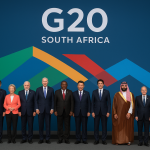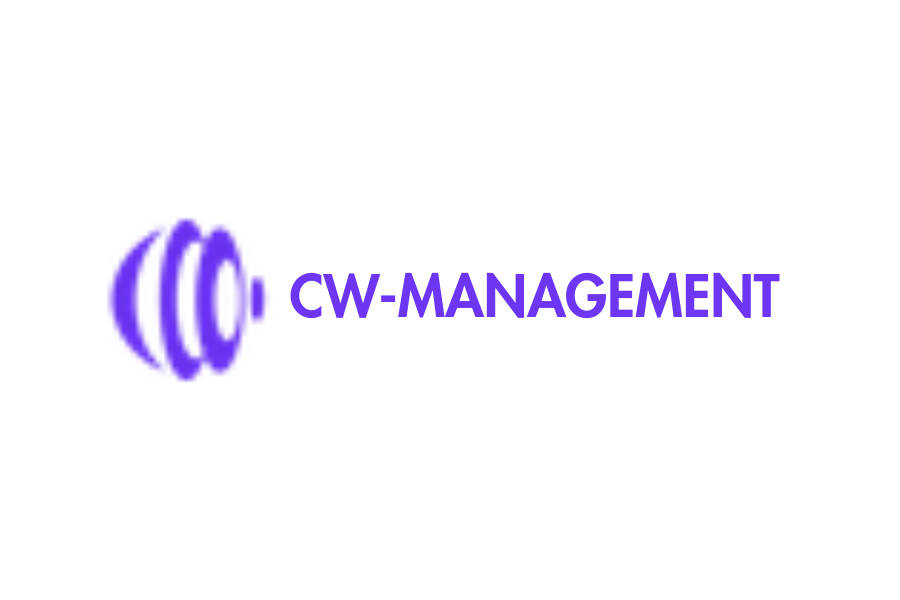Introduction
In a dramatic White House announcement, President Donald Trump and Israeli Prime Minister Benjamin Netanyahu unveiled a sweeping 20-point peace plan for Gaza. Rather than extending an open invitation to negotiation, the proposal was delivered as a clear ultimatum: Hamas must accept the plan in full or face military consequences. Trump declared that the United States would fully back Israel if the militant group refused, stressing that this was an opportunity to “end the misery once and for all.” Netanyahu reinforced the hardline stance, warning that if Hamas accepted the plan in bad faith, Israel would act decisively on its own.
The plan outlined provisions for a ceasefire, the release of all hostages, and the creation of an international oversight body for Gaza. Yet Hamas had not been part of the drafting process, raising serious doubts about whether such a unilateral framework could achieve legitimacy or durability.
Broad International Support From Allies
UK and France Endorse the Initiative
Soon after the announcement, UK Prime Minister Keir Starmer and French President Emmanuel Macron publicly endorsed the plan. Both leaders urged Hamas to agree to the terms and highlighted the humanitarian toll of the conflict. Their backing suggested a coordinated effort to apply maximum pressure on Hamas by demonstrating transatlantic unity.
The European support was not without risks. Aligning so quickly with a U.S.-Israel proposal, without Palestinian representation, could weaken future claims to neutrality in peace mediation. Yet for leaders balancing domestic concerns about migration, humanitarian obligations, and the desire to remain close to Washington, the benefits of quick endorsement outweighed the risks.
Diplomatic Calculations
Starmer and Macron’s support highlights Europe’s calculation that failing to engage with Washington on Middle East policy could leave them sidelined in shaping outcomes. However, should the plan collapse, the credibility of these endorsements will be questioned, potentially straining relations with Palestinian leaders and regional Arab allies.
Domestic Flashpoints: A Shutdown Looms
Stalled Budget Talks
On the domestic front, President Trump faces a looming government shutdown as negotiations with congressional Democrats broke down. Republicans continue to push for a “clean” funding bill, while Democrats are demanding protections for healthcare subsidies and social spending. Without compromise, federal operations face widespread closures.
Senator JD Vance openly stated that “a shutdown is inevitable,” capturing the sense of resignation among lawmakers. The consequences are broad: federal employees face furloughs, national parks and agencies may close, and critical safety inspections, including those in aviation, risk disruption.
Political Fallout
A shutdown carries heavy political consequences. Trump risks accusations of failing to govern effectively, undermining his claims of strong leadership. Republicans could be painted as reckless, while Democrats may be criticized for rigid demands. Both sides face potential backlash from constituents who rely on government services. The longer the shutdown drags on, the more intense the political blame game will become.
Law Enforcement And Security Disputes
National Guard Deployment in Portland
Tensions between federal and state authority deepened as the Trump administration announced the deployment of 200 National Guard troops to Portland, Oregon, despite the governor’s objections. Oregon’s leadership sued to block the move, citing lack of justification. The dispute underscores sharp partisan divides over law enforcement and federal intervention in Democratic-led states. Critics fear such deployments could trigger unrest rather than maintain order.
Michigan Church Shooting
A tragic shooting at a Mormon church in Michigan further inflamed national debate. At least four people were killed and eight wounded in the attack. Authorities identified the suspect as Thomas Jacob Sanford, who had a Trump campaign sign displayed outside his home. While the investigation is ongoing, the incident has reignited discussions over gun violence, political symbolism, and the extent to which heated political rhetoric contributes to extremist acts.
ICE Arrests in Iowa Schools
In Iowa, immigration enforcement intersected with public education when ICE agents arrested the superintendent of the state’s largest school district, resulting in the revocation of his license. The move raised alarms about federal overreach and the impact of immigration enforcement on civic institutions. It has further fueled tensions around Trump’s immigration policies and their effect on local communities.
Strategic Shifts In Energy And Security
Reviving Coal
In a major policy shift, the Trump administration announced $625 million in funding for coal-fired power plants and the opening of over 13 million acres of public land for mining. Officials framed the move as a jobs program and a bid for energy independence. Environmental groups condemned it as a dangerous reversal of climate progress, arguing it will escalate emissions and damage public health.
Military Pressure on Venezuela
Trump’s deputy chief of staff, Stephen Miller, has reportedly taken the lead in planning strikes against Venezuelan vessels suspected of drug trafficking. This elevated role for a political advisor illustrates how unconventional figures are shaping national security policy. Venezuela has warned that any U.S. action would trigger catastrophic consequences. The buildup raises fears of confrontation in the Caribbean and questions about whether the administration is stretching military priorities for political ends.
Media Messaging And Social Policy
Cannabis Advocacy
Markets surged after Trump released a video promoting CBD use for seniors and suggesting Medicaid coverage for hemp-based treatments. He called CBD a “gamechanger” for pain relief. The endorsement triggered a rally in cannabis stocks, underscoring the influence of presidential messaging on markets. Critics argue the claims were exaggerated and lacked scientific grounding, but the move could reshape the policy landscape around cannabis.
Attacks on Advocacy Groups
Tensions also grew after Elon Musk accused the Anti-Defamation League of being a “hate group” against Christians. The comments triggered backlash and highlighted growing divisions in American discourse around free speech, religious identity, and civil rights advocacy. Such statements add to an already polarized environment, where accusations and counter-accusations dominate the political and cultural arena.
Deportations to Africa
Reports emerged of deportees from the United States being abandoned without documentation in Togo, after initially being flown to Ghana. Lawyers criticized the practice as inhumane and potentially unlawful, raising international concerns about how deportation policies are implemented. The incident highlights the global ripple effects of Trump’s hardline immigration agenda.
Interlocking Crises And Political Stakes
The administration is navigating multiple crises simultaneously: an untested peace plan abroad, a looming shutdown at home, environmental rollbacks, law enforcement disputes, and social unrest. Each crisis compounds the others, amplifying pressure on both domestic governance and foreign credibility.
If Hamas rejects the Gaza plan, the failure could undercut U.S. leadership and weaken the standing of supportive allies like the UK and France. A government shutdown would further strain Trump’s ability to govern effectively. Deployments to cities such as Portland risk provoking domestic unrest, while incidents like the Michigan shooting reinforce public fears of violence tied to political polarization.
The cumulative effect is a presidency stretched thin across arenas that demand coherence but appear mired in contradiction: advocating peace abroad while stoking division at home, promoting energy independence while sidelining climate commitments, and preaching law and order while facing accusations of federal overreach.
Conclusion
The events of September 30, 2025, encapsulate the volatility of the Trump presidency. The Gaza peace plan, presented as a final chance for Hamas to end hostilities, has drawn support from key European allies but remains fragile without Palestinian buy-in. Domestically, the U.S. teeters on the edge of a government shutdown that could cripple essential services. Meanwhile, disputes over federal power, tragic acts of violence, and controversial energy and immigration policies reveal a deeply divided nation.
How these stories unfold will determine whether the administration can transform high-stakes gambits into lasting achievements or whether the legacy of this period will be one of confrontation, disruption, and division both at home and abroad.










